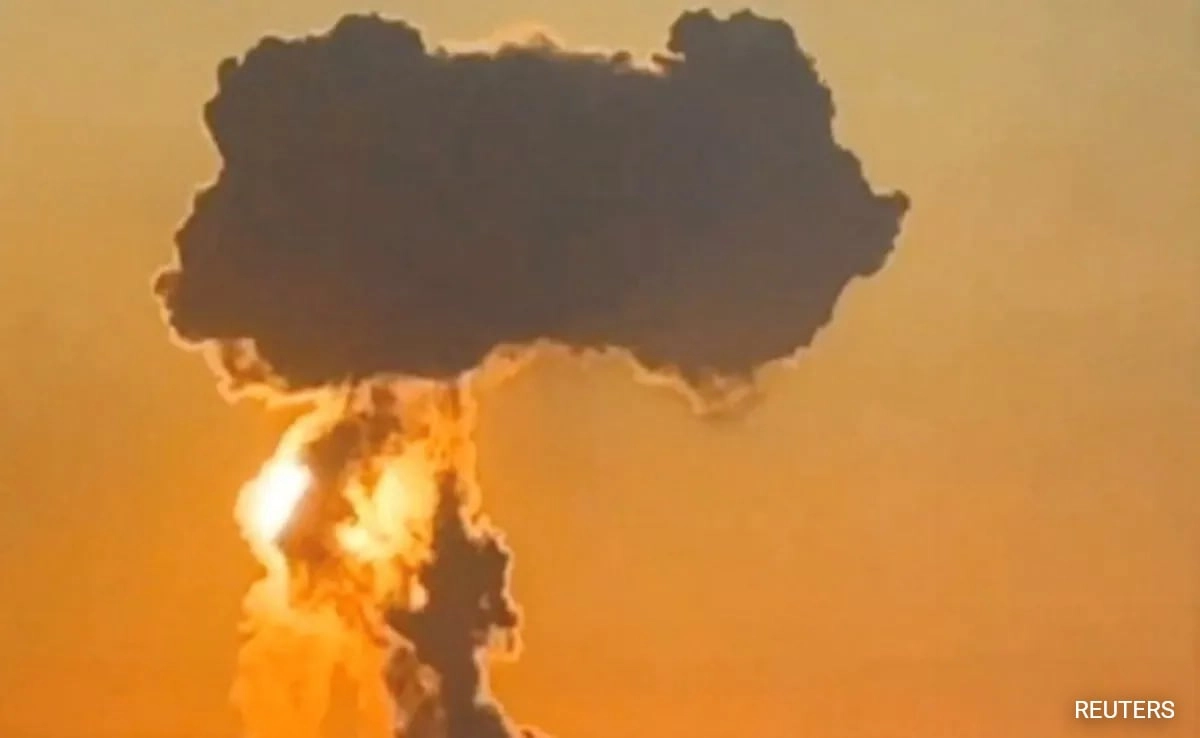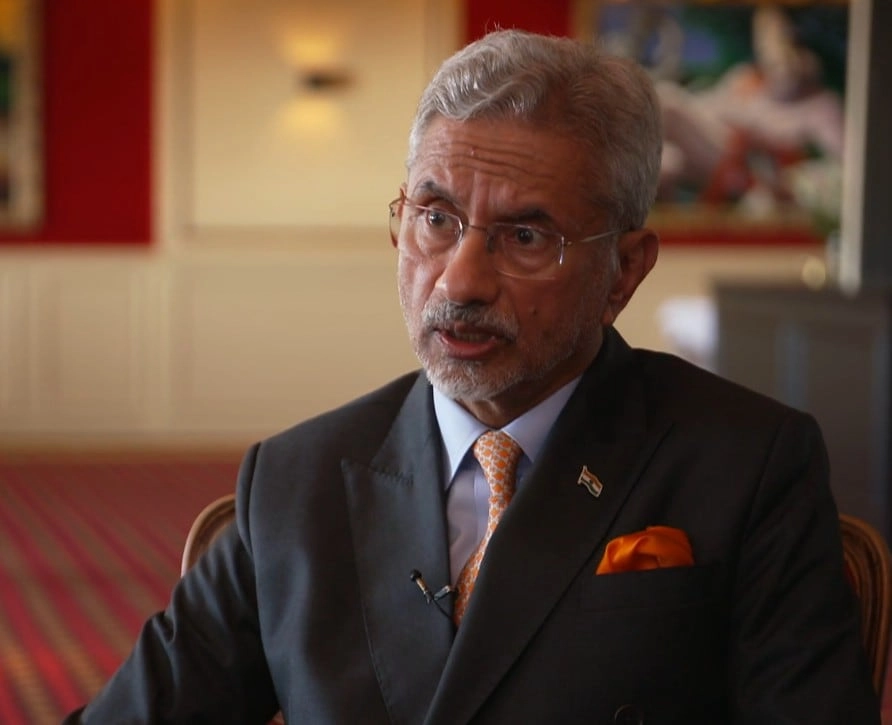U.S. stocks have once again plunged into a state of free fall, despite recent efforts from the Trump administration to pause tariffs that have been weighing heavily on the economy. Investors had initially hoped that the suspension of additional tariffs would bring some much-needed stability to the markets. However, these hopes have been dashed as a series of disappointing economic indicators, coupled with ongoing geopolitical tensions, have overshadowed the potential benefits of the tariff freeze. Economic data suggesting slower growth, particularly in key sectors such as manufacturing and consumer spending, has contributed to growing uncertainty among investors.
The stock market’s decline underscores a deeper malaise within the economy. Many analysts are now expressing concerns about the sustainability of the current economic expansion, which has been fueled by low unemployment rates and robust corporate earnings. The pause in tariffs was perceived as a temporary relief, but it has not alleviated fears about the long-term impacts of U.S.-China trade relations. As negotiations between the two countries remain tense and unresolved, market participants are grappling with the potential for renewed tariffs and their implications for global trade.
In addition to trade concerns, the market is facing headwinds from other factors, including rising interest rates and inflationary pressures. These economic challenges are forcing investors to reassess their portfolios and adopt a more cautious approach. The volatility in the stock market is indicative of a broader sentiment of apprehension, as traders seek to navigate an increasingly complex economic landscape. With uncertainty looming large, the pause in tariffs has not been enough to restore confidence, highlighting the interconnectedness of various economic variables that influence market performance.
As the situation evolves, investors are left to ponder the potential ramifications of ongoing trade disputes and economic shifts. The current environment calls for a careful evaluation of investment strategies, as market dynamics continue to change rapidly. In light of these developments, it remains crucial for investors to stay informed and agile, ready to adapt to new information and emerging trends. In a climate defined by uncertainty, the resilience of the stock market will be tested, and the response of policymakers will play a significant role in shaping the outlook for both investors and the broader economy.




